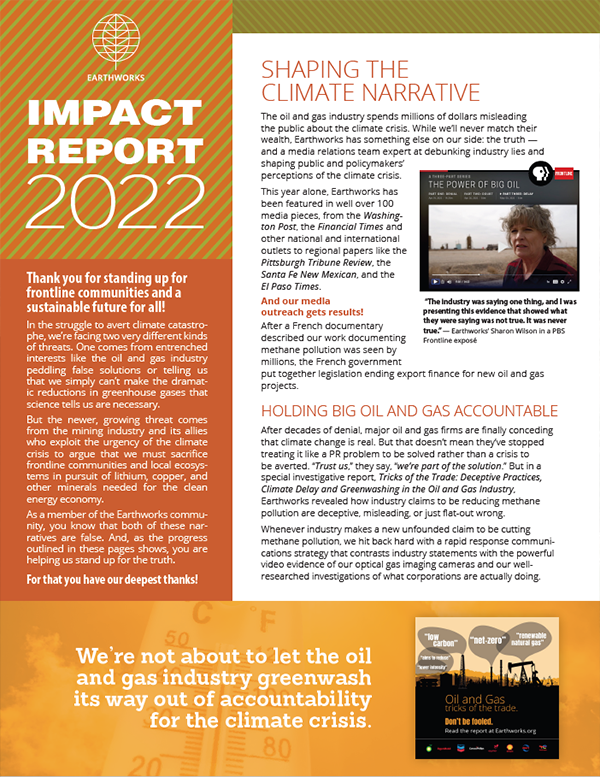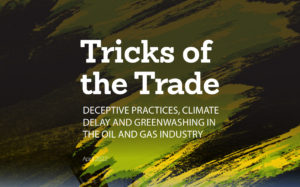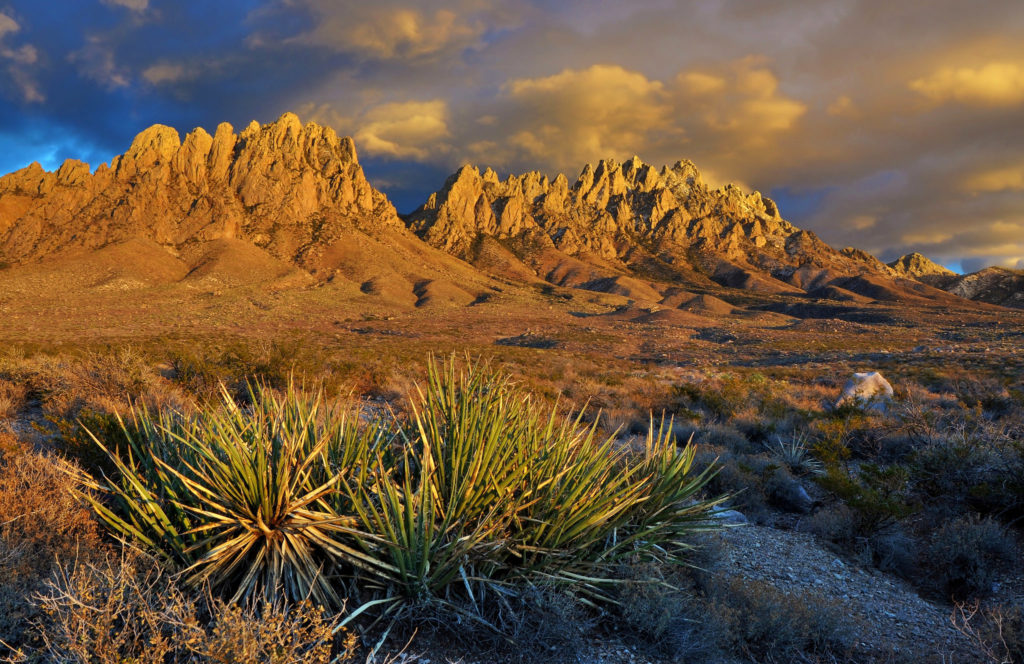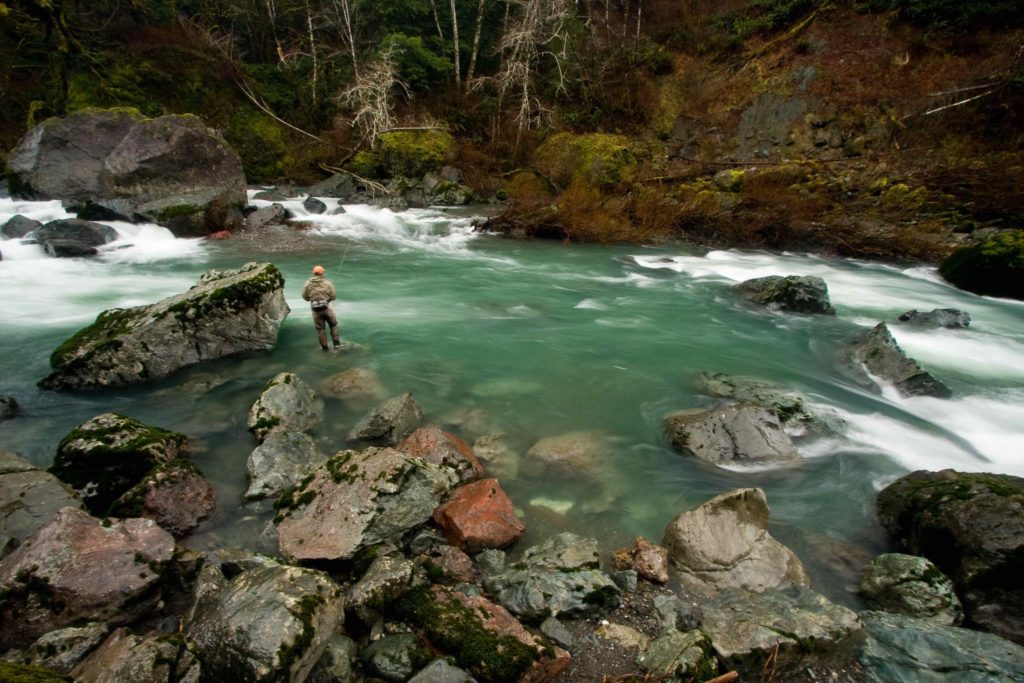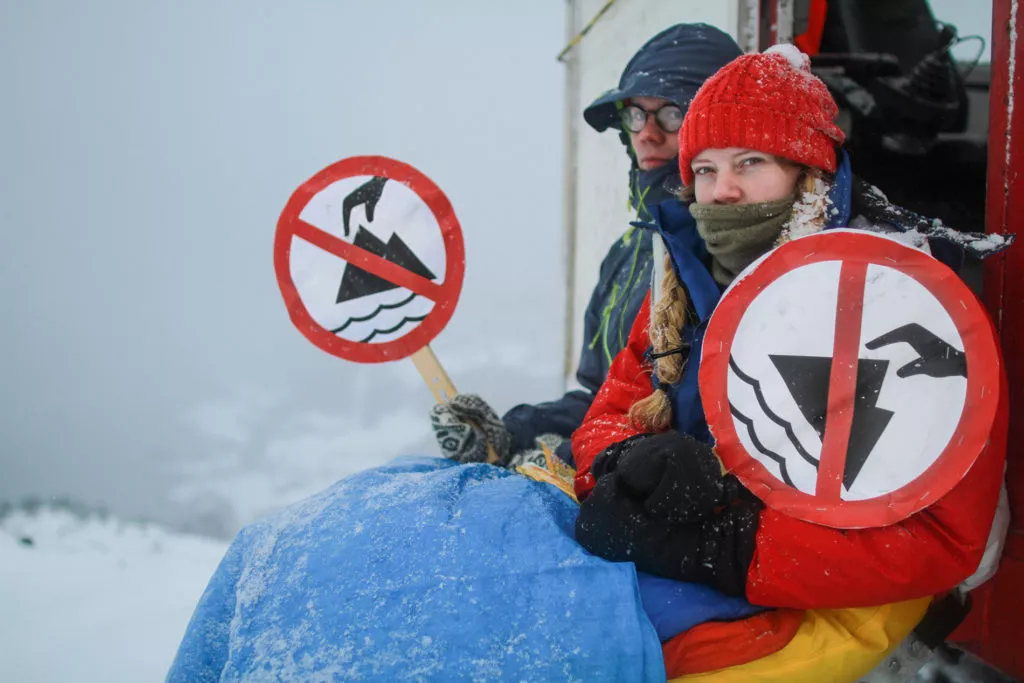Behind every one of these victories are years of hard work and close partnerships with local groups leading the fight for environmental justice.
Shaping the Climate Narrative
The oil and gas industry spends millions of dollars misleading the public about the climate crisis. While we’ll never match their wealth, Earthworks has something else on our side: the truth — and a media relations team expert at debunking industry lies and shaping public and policymakers’ perceptions of the climate crisis.
This year alone, Earthworks has been featured in well over 100 media pieces, from the Washington Post, the Financial Times and other national and international outlets to regional papers like the Pittsburgh Tribune Review, the Santa Fe New Mexican, and the El Paso Times.
And our media outreach gets results!
After a French documentary described our work documenting methane pollution was seen by millions, the French government put together legislation ending export finance for new oil and gas projects.
Holding Big Oil and Gas Accountable
After decades of denial, major oil and gas firms are finally conceding that climate change is real. But that doesn’t mean they’ve stopped treating it like a PR problem to be solved rather than a crisis to be averted. “Trust us,” they say, “we’re part of the solution.” But in a special investigative report, Tricks of the Trade: Deceptive Practices, Climate Delay and Greenwashing in the Oil and Gas Industry, Earthworks revealed how industry claims to be reducing methane pollution are deceptive, misleading, or just flat-out wrong.
Whenever industry makes a new unfounded claim to be cutting methane pollution, we hit back hard with a rapid response communications strategy that contrasts industry statements with the powerful video evidence of our optical gas imaging cameras and our well researched investigations of what corporations are actually doing.
Advances for Frontline Communities and the Environment
From remote reaches of Alaska to the heavily-traveled Gulf coast, Earthworks chalked up big wins for frontline communities, local ecosystems, and a sustainable future for all of us.
Putting the Brakes on Oil and Gas Expansion
Only one of the more than half-dozen major infrastructure projects targeted by Earthworks has cleared review, none has started construction, and several are facing significant setbacks. In Texas, for example, the Army Corps of Engineers delayed the proposed Matagorda Bay shipping channel after we joined local groups and allied organizations in a lawsuit to force a supplemental environmental impact statement. Besides threatening sensitive ecosystems and the livelihoods of local fisherfolk, the proposed project would open up vast new markets for oil production in the Permian Basin.
Local Communities Take Down Petrochemical Giant
In September, a Louisiana court revoked air permits Formosa Plastics needed to build a petrochemical complex in St. James Parish. If completed, the massive project — ten manufacturing plants and numerous supporting facilities spread over 2,400 acres — would emit tens of millions of tons of greenhouse gases annually. Even worse, located just one mile from an elementary school, it would pose grave health risks to the predominantly Black residents in a region already known as “Cancer Alley.”
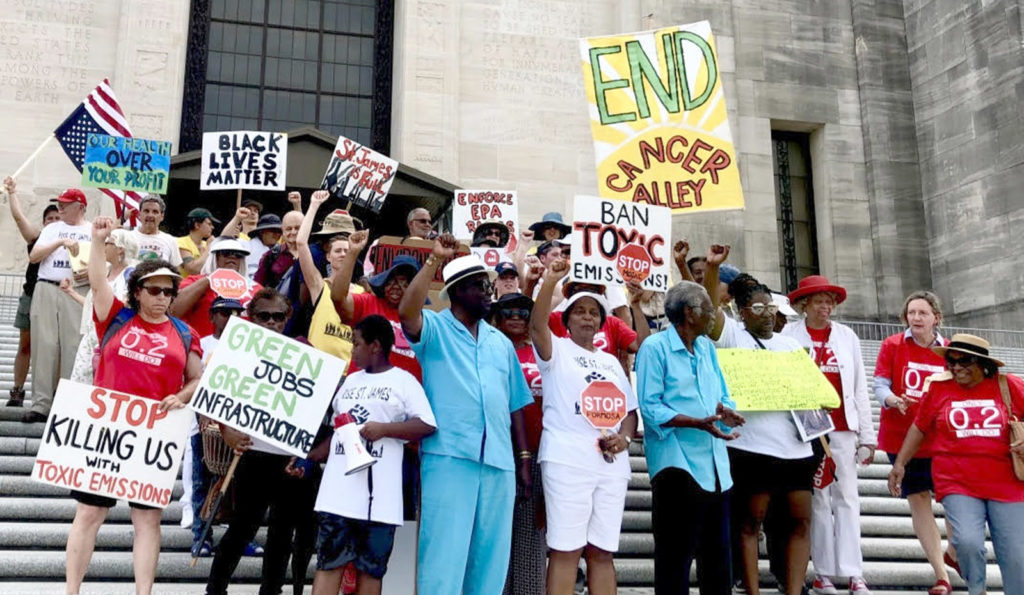
The court’s decision came in response to a lawsuit filed by RISE St. James, Earthworks, and allied organizations against the Louisiana Department of Environmental Quality (LDEQ) in 2020.
LDEQ had approved the air permits even though the company’s own modeling showed the chemical complex would emit harmful pollutants exceeding EPA limits. Sending Formosa Plastics back to the drawing board is a major victory over longstanding environmental racism in the region and an inspiring testament to the power of frontline communities fighting for justice.
A Chronic Polluter Shut Down in Colorado
It took nearly two years of tenacious work by an Earthworks field organizer and certified thermographer, but Colorado regulators finally shut down an oil and gas storage site whose chronic emissions of toxic gases had been making nearby residents ill. When Prospect Energy was ordered in August to cease operations at the Krause site just north of Fort Collins, it was the first time in more than ten years that Colorado had shut down an oil and gas facility because of air pollution.
While this is an important win for local residents, it’s also a disturbing sign of the deference regulators pay to operators, even in Colorado, which boasts some of the strongest pollution control rules in the country.
It should never have taken two years, five formal complaints, and nine documented videos of pollution to make regulators decide to put the health of families ahead of the profits of oil and gas operators.
A Bright Future for Bristol Bay

After years of hard work and close collaboration with Alaska Native communities, we are on the cusp of killing the proposed Pebble Mine and permanently protecting Bristol Bay, the largest and most productive sockeye salmon fishery on Earth. After the EPA outlined its proposed plan this spring, Earthworks organized more than 160,000 public comments and joined our allies on newspaper ads in support of permanent protection. A final determination is expected soon.
A Vote for People Over Frackers In Pennsylvania
After Earthworks provided video evidence of methane spewing out of a well in a Pittsburgh area park, the Allegheny County Council overrode the County Executive’s veto of a measure to ban fracking in all other county parks. In a state that has almost always said yes to the fracking industry, the 12-3 vote was an exciting victory.
A Major Victory for the Smith River
A Montana court agreed with the arguments Earthworks and our allies made in a lawsuit that the state’s review of the proposed Black Butte copper mine failed to adequately consider the project’s safety and environmental impacts. If approved, the mine would produce more than 12 million tons of acid-generating waste, threatening the water quality and trout population of the beloved river.
Good News for the Little Rocky Mountains
State regulators stopped mining operators from exploring for gold at the former Zortman mine by requiring an environmental impact statement first. Before its owners went bankrupt in 1998,
Zortman was a cyanide leach gold mine that caused widespread surface and groundwater contamination on the traditional lands of the Fort Belknap Indian Community. When the operators appealed the recent decision, Earthworks partnered with the Fort Belknap Indian Community to intervene in the case. In a related victory, the Bureau of Land Management withdrew 2,600 acres in the Little Rocky Mountains to protect reclamation work.
Preserving the Spectacular Cabinet Mountains Wilderness
Hecla Mining Company withdrew its plan of operations for the Rock Creek copper and silver mine after losing litigation brought by Earthworks and our partners.
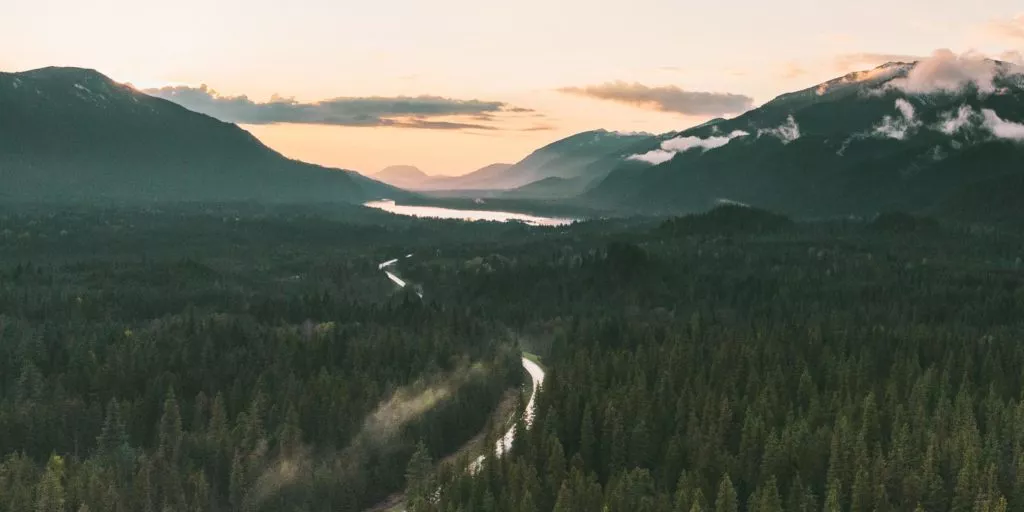
Federal Policy Wins
Opportunity and New Challenges on Mining Reform
In 2022, our longstanding campaign to overhaul federal mining policy delivered real progress, even as we’re facing new headwinds. The year opened with a commitment by the Biden administration to update federal regulations under the archaic 1872 Mining Law, which has been ripping off taxpayers, destroying fragile ecosystems, and trampling on Tribal lands for 150 years. Earthworks Executive Director Jennifer Krill met with the interagency working group charged with the review, outlining the urgent need for reform. We are cautiously hopeful that the working group’s recommendations, which are scheduled to be released at year-end, will lead to real reform to stop the most destructive practices.
Stopping the Dirty Side Deal
At the same time, the administration is facing competing pressure from the mining industry, which is using the spiking demand for lithium, copper, and other minerals for clean energy as an excuse to weaken key environmental regulations.
In exchange for Sen. Joe Manchin’s support for this year’s Inflation Reduction Act, Democratic leaders signed off on a side deal that would expedite mine permitting. Earthworks joined Tribal leaders and allied organizations in protests and a lobbying blitz that defeated this dirty side deal in September. The fight will continue. Convincing policymakers that the answer to increasing demand for minerals isn’t new mining but a circular economy built around reuse and recycling will be an increasing focus in 2023.
Despite the deep political divide in Congress, legislative progress on mining is possible. Last year, we won bipartisan support to create the nation’s first ever program to clean up abandoned hardrock mines; a top priority for 2023 will be securing dedicated funding for this new program.
Strong Action on Methane
The Biden administration’s long-awaited EPA Methane Rule announced at COP27 in Egypt is one of the most important environmental actions of the President’s first term. Earthworks is working to improve the draft supplemental rule to cover all oil and gas wells, eliminate routine flaring, and empower frontline communities to work with organizations like Earthworks to monitor methane pollution. The White House and EPA must act to the fullest extent of the law to reduce methane emissions and other health harming pollutants, and strong rules must be coupled with aggressive enforcement to ground-truth the oil and gas industry’s self-reported data.
Shaping European Battery Rules
Earthworks helped influence pending battery regulations in the European Union that encourage reuse and recycling by requiring producers to follow stricter laws regarding the supply chain, recycling recovery rates, and overall due diligence.
Mining and Energy Transition Declaration
Earthworks coordinated a shared declaration endorsed by 175 civil society organizations urging COP27 decision-makers to require more responsible minerals sourcing of battery minerals and renewable energy technologies, noting “We can’t mine our way to a clean energy future.”
Mine Waste Safety
After getting extensive feedback from communities, Indigenous Peoples, and technical experts, Earthworks published an updated report, Safety First: Guidelines for Responsible Mine Tailings Management, that has received 164 endorsements from 32 countries.
Your Support Makes Our Work Possible
Earthworks helps families on the front lines of mining, drilling, and fracking. We use sound science to expose health, environmental, economic, social, and cultural impacts of mining and energy extraction. To support our efforts, please consider a tax-deductible donation today that will go toward our work reforming government policies, improving corporate practices, influencing investment decisions, and encouraging responsible materials sourcing and consumption.

